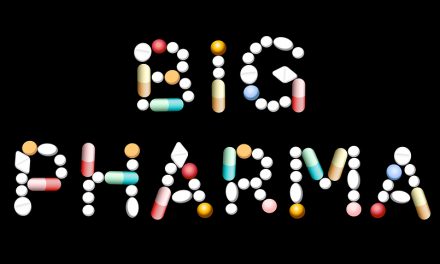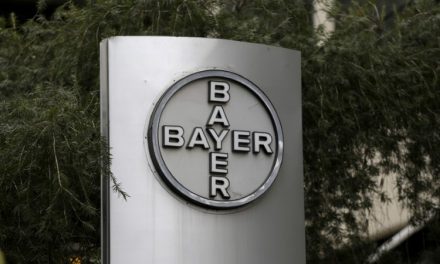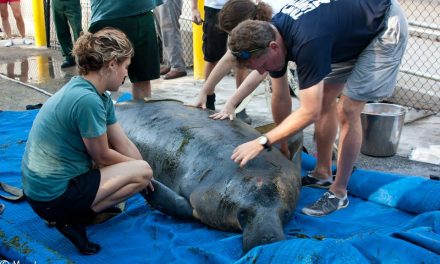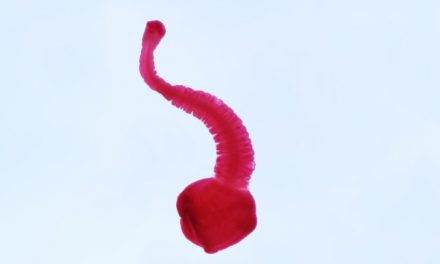Fifty-five years ago this month, the U.S. Army began spraying millions of gallons of the toxic defoliant known as Agent Orange over large swaths of southern Vietnam. Today, however, instead of resentment and isolation from the U.S., the country is awash with Americanophilia.
Ho Chi Minh City, once the capital of the U.S.-backed regime under the name of Saigon, is now teeming with McDonald’s and Starbucks businesses. The present economic hub of Vietnam also boasts an increase in Apple stores, which see their clientele anxiously waiting for the debut of the latest iPhones and are often considered by many here as an emblem of chic Americanization. And with a large portion of the population of more than 90 million born after 1975 (the year the war ended), the masses tend to look forward to the future rather than dwell on the bitter past with the Americans.
But this Americanization and what it ushers in, including the expansion of companies like biotech giant Monsanto, risks burying the history of Agent Orange that is alleged to have resulted in the deaths and injuries of hundreds of thousands of Vietnamese.
To this day, the views on Monsanto’s involvement in Agent Orange vary greatly. Both the United States and Monsanto have issued statements indicating that the chemical was made at the behest of the U.S. government. Monsanto has therefore claimed that it bears no direct responsibility. The Vietnamese government has a more complex perspective, never officially stating its stance on the responsibility of individual actors, but instead focusing on the general call for reparations for victims ― from all American actors involved.
*Article originally appeared at Organic Consumers Association.












